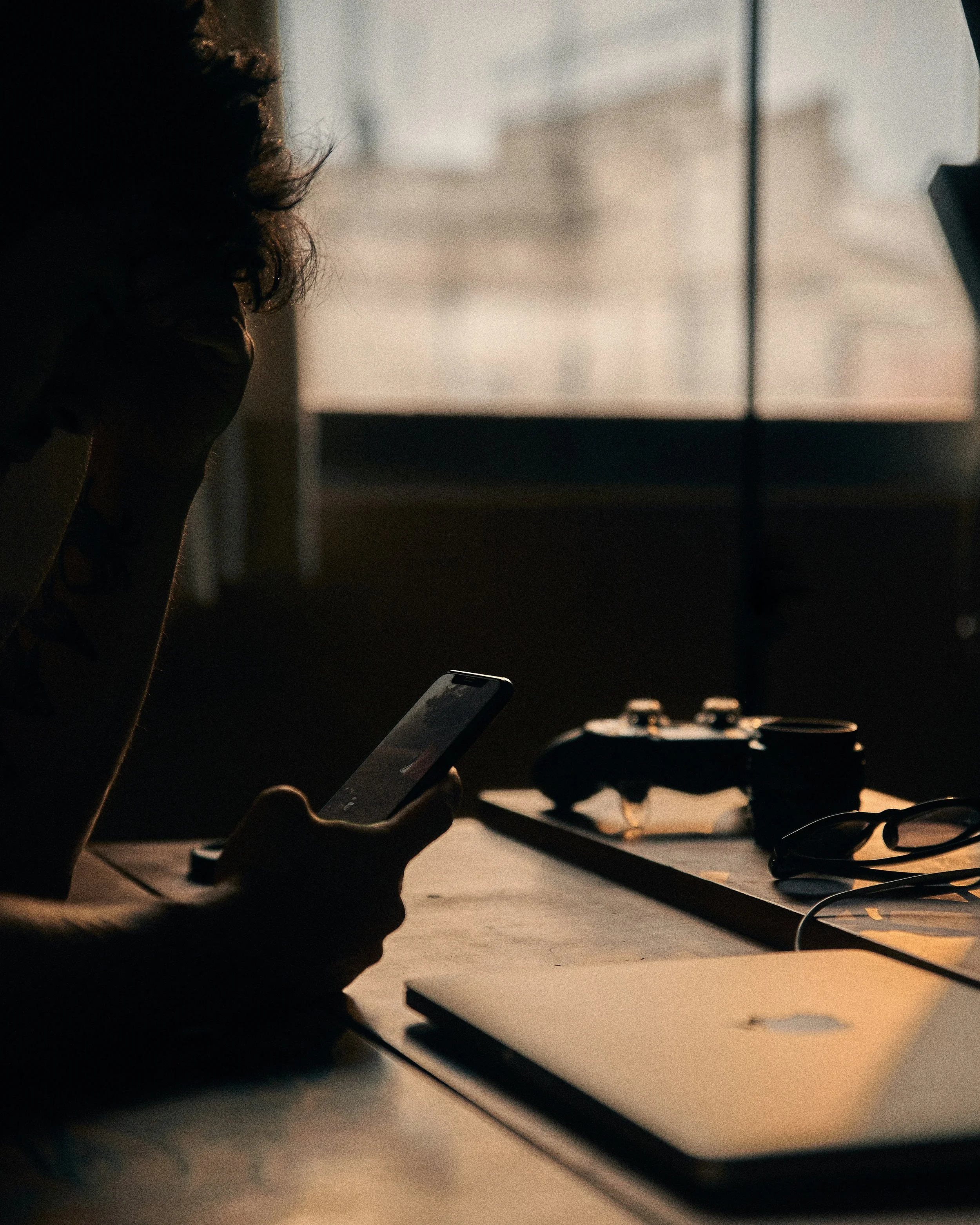How Digital Screens Lead to Permanent Damage: A Personal Story
It all started on a seemingly normal Tuesday morning. I woke up to the familiar chime of my smartphone alarm, groggily reaching out to silence the persistent noise. As always, my day began with a quick glance at my phone – a few emails to check, news headlines to skim, and social media notifications to swipe through. Little did I know, this routine was slowly costing me my comfort, my health, and, most importantly, my vision.
By the time I finished my morning coffee, I had already spent a solid thirty minutes staring at my phone. I didn’t think much of it as I slid into my usual spot in front of the computer, ready to tackle another day of work. I was deep into my spreadsheet by mid-morning, moving from one cell to another, numbers swimming before my eyes. There was a slight itch in my eyes, a feeling of dryness that I had grown accustomed to over the past few weeks. It was uncomfortable but manageable, or so I thought.
Lunch break came, and instead of resting my eyes, I found myself pulled back into the glow of my tablet. A new series had just been released on my favorite streaming service, and I couldn’t resist watching an episode. One episode turned into two, and by the time I returned to work, my eyes felt like they had been rubbed with sandpaper. I blinked rapidly, trying to moisten them, but the relief was only temporary.
By evening, my eyes were red, burning, and fatigued. I rubbed them with my knuckles, hoping to ease the discomfort, but the more I rubbed, the worse it got. I ignored it, attributing the irritation to a long day. I’d just push through the evening with my laptop for some after-dinner browsing. As I sat there, the words on the screen started to blur, and the pain became unbearable. I realized something wasn’t right.
The next day, I visited my eye doctor. As I sat in the examination chair, the doctor looked into my eyes and sighed. “Do you spend a lot of time in front of screens?” he asked. I nodded, explaining my daily routine. He nodded knowingly. “You’re experiencing dry eye syndrome. It’s become increasingly common with the amount of time people spend on digital devices.”
He went on to explain something that shocked me. “You see, when you’re focused on a screen, you don’t blink as often. Your natural blink rate drops significantly, and this prevents your eyes from getting the moisture they need. The Meibomian glands, the tiny glands along the edge of your eyelids, produce the oil that keeps your eyes lubricated. But without enough blinking, the oil in these glands thickens and becomes clogged.”
I listened, fascinated and horrified. “What happens if they stay clogged?” I asked.
“If the glands stay clogged for too long, they can eventually stop working altogether,” he said. “And once these glands drop out, they don’t regenerate. You could end up with chronic dry eyes, which means constant irritation, discomfort, and potential damage to your cornea. It’s a lifelong problem that’s preventable if caught early.”
His words hit me like a ton of bricks. I had never considered the importance of blinking, something so simple yet so vital. My habit of mindlessly staring at screens was not only costing me my comfort but could lead to irreversible damage. My eyes, the windows to my world, were in danger, and it was all because I wasn’t taking care of them.
The doctor prescribed a regimen to unclog the oil glands and restore moisture to my eyes. This included using a heat mask, which he emphasized as a critical step in the treatment. The warmth from the mask would help to soften the oil in the glands, making it easier to express and restore natural lubrication. Alongside this, I was to use eye drops and take frequent breaks from the screen. “Remember the 20-20-20 rule,” he advised. “Every 20 minutes, take a 20-second break and look at something 20 feet away. It helps reset your blink rate and gives your eyes a chance to rest.”
I left the clinic that day with a newfound respect for my eyes and a determination to change my habits. The realization that my daily routine was leading to a permanent problem was a wake-up call. I started being mindful of my screen time, making a conscious effort to blink more and take regular breaks.
It’s been a few weeks since that appointment, and the difference is remarkable. My eyes feel more comfortable, less strained, and that gritty sensation is slowly fading. It’s incredible how something as simple as blinking – a reflex we take for granted – can have such a profound impact on our eye health.
Now, every time I reach for my phone, tablet, or sit in front of my computer, I remind myself: screen time equals not blinking equals clogged oil glands. And if not unclogged, those glands will eventually drop out forever, leading to a lifetime of misery. It’s a message I wish I had learned sooner, but one I’m grateful to understand now.
Conclusion:
We live in a digital world, and screens are an unavoidable part of our daily lives. But we must recognize the silent toll they take on our eyes.
Don’t wait until your glands are clogged and the damage is irreversible. At Shades Optical, we prioritize your eye health with our comprehensive eye exams that do more than just check your vision. We evaluate your overall eye health, discuss your lifestyle, and offer tailored solutions to prevent permanent damage. Book your appointment today to take the first step in protecting your eyes from the silent threat of screen time. Remember, it’s easier to prevent damage than to reverse it. Don’t wait for a lifetime of discomfort – act now!

